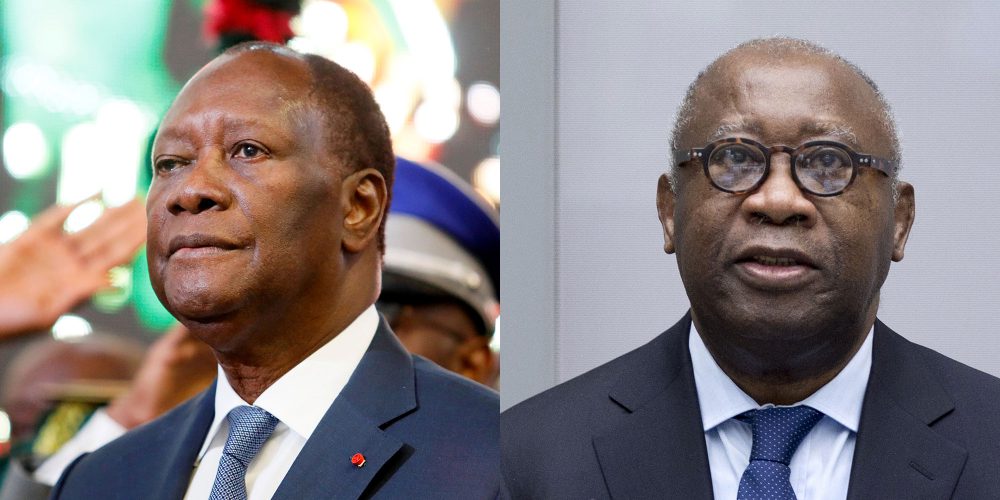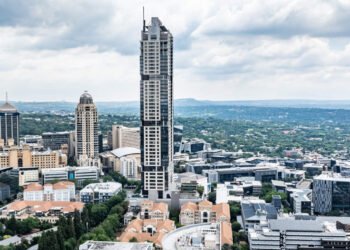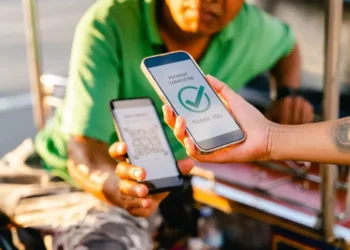Ivory Coast President, Alassane Ouattara has declared that his predecessor, Laurent Gbagbo and his youth leader, Charles Ble Goude are “free to return to Ivory Coast when they want”, after the pair were acquitted of crimes against humanity.
Ouattara’s remarks comes a week after the International Criminal Court (ICC) upheld Gbagbo’s acquittal from charges related to post-electoral violence in 2010-11. Gbagbo was hauled off to the ICC after being forced out of power in April 2011. He is the first ex-head of state to stand trial at the tribunal in The Hague.
Speaking at a cabinet meeting in Abidjan, the President;also announced Gbagbo will also be;granted his ex-gratia.
“Arrangements will be made so that Laurent Gbagbo can enjoy; in accordance with the laws in place, the advantages and allowances available to former presidents.”
Gbagbo has been living in Brussels under the ICC’s orders since his release from detention in 2019. Last week’s ruling definitively clears him of four charges of crimes against humanity, including;murder, persecution and rape committed during the conflict.

Experts say the 75-year-old has retained strong support at home despite spending years behind bars in The Hague. There are also reports that he has been positioning himself for a potential comeback since last year.
Casting himself as a conciliatory figure, he warned of the risk of “catastrophe”;in the face of rising tension as the country headed to presidential elections last year.
Many people died in unrest after Ouattara announced his bid for a third term, a move that extended the constitutional limits on a presidential tenure. Ouattara, however, maintained the two-term limit for presidents does not apply to him because of a constitutional referendum passed in 2016.
Victims ‘will be disappointed again today’
In the aftermath of a vote boycotted by the opposition, re-elected Ouattara extended an olive branch to his former rival. He said Gbagbo had a role to play in reconciliation and provided him with two passports, including a diplomatic pass.
Gbagbo’s FPI party also broke a decade-long boycott and took part in recent legislative elections.

Commenting on the decision, Amnesty International West Africa researcher, Michele Eken;said that the victims of the 2010-11 post-election violence “will be disappointed again today”.
More than 3,000 people were;killed in the civil war which followed Ivory Coast’s 2010 presidential election, when Gbagbo disputed the results that declared Ouattara the winner of the vote.
Eken said the acquittal means “the court has held no one responsible for atrocity crimes committed during this period”. Gbagbo’s supporters, have however, posited that the decision will heal the country’s wounds.
Experts have pointed out that;technically, Gbagbo could be;jailed on his return to the country. This, they say, is because he has been;sentenced in absentia to a 20-year jail term for “looting” the local branch of the Central Bank of the West African States during the conflict. Some analysts, however, say this scenario seems unlikely.
Read Also: 2021 World Health Day: WHO urges countries to build a fairer, healthier world























